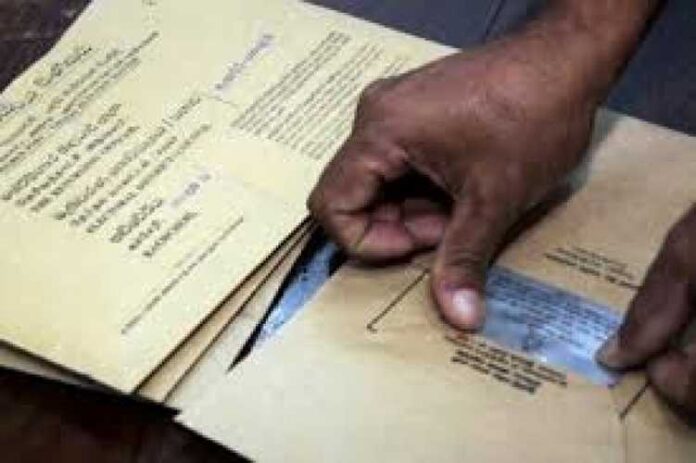August 25, Colombo (LNW): The Postal Department will receive a crucial shipment of reserved packets containing registered postal vote ballot papers for the 2024 presidential election tomorrow (26).
This marks a significant step in the preparation for the electoral process.
Official polling cards for the upcoming Presidential Election will begin distribution on 3 September. Additionally, 8 September has been set aside as a special day for the distribution of these cards.
In related news, Deputy Postmaster General Rajitha Ranasinghe announced that all postal staff leave has been cancelled with immediate effect until the conclusion of the election.
This measure is to ensure the efficient management of election-related duties. Employees needing leave for essential reasons must seek approval from the Deputy Postmaster General of their respective province.
The Presidential Election is slated for 21 September, with postal voting scheduled for 4, 5, and 6 September.
The 4th is designated for postal votes from District Secretariats, Election Offices, and the Police. Additionally, 11 and 12 September have been reserved as supplementary dates for postal voters who missed the initial voting period.
Election Commissioner Saman Sri Ratnayake has reported that 736,589 postal vote applications were received for this election.
Of these, 24,268 were rejected, leaving 712,321 applicants eligible for postal voting.



